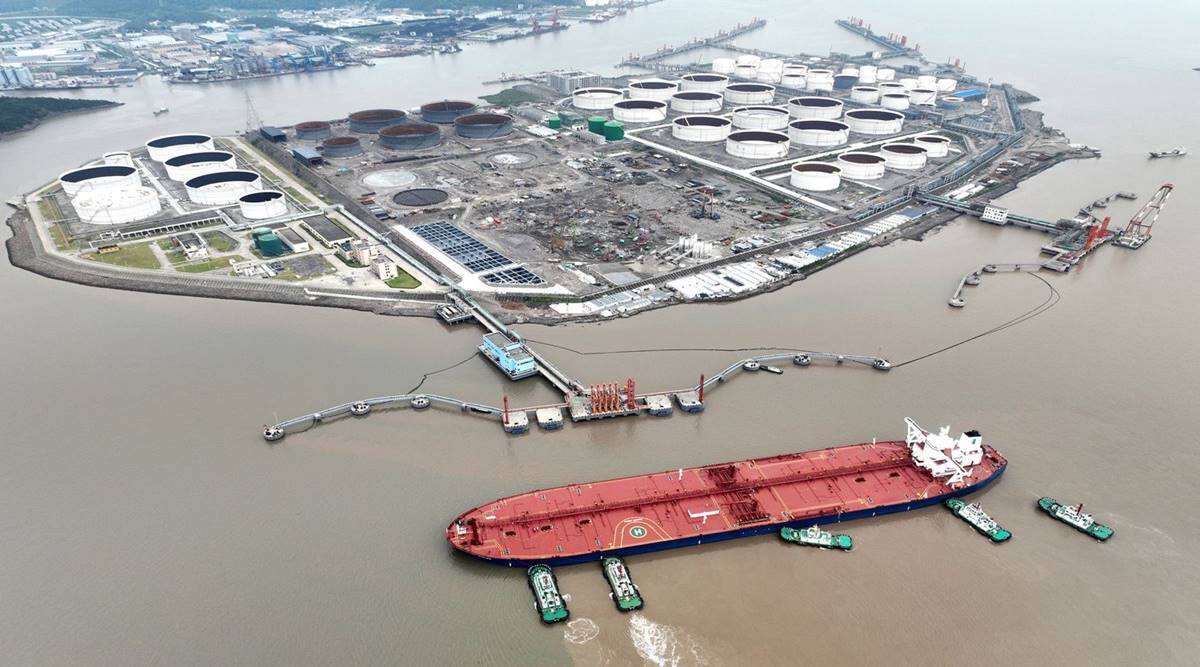Fostering Synergy: Trade and Climate Action at COP28
UNCTAD, in collaboration with the International Chamber of Commerce, the International Trade Centre, and the World Trade Organization, will jointly oversee the “Trade House pavilion” during the 28th UN climate change conference (COP28) in Dubai, United Arab Emirates, from November 30 to December 12. This pavilion marks a historic event where trade and climate experts gather at a UN climate conference to deliberate on trade-related measures that can drive climate and sustainable development actions.
UNCTAD will also contribute to COP28 Trade Day on December 4, a day exclusively dedicated to discussions regarding trade’s role in climate action. “Climate and trade policies need to work in harmony. As the world grapples with the dire consequences of global warming, it’s imperative for trade to contribute to climate action that promotes inclusive and sustainable development,” emphasized UNCTAD Secretary-General Rebeca Grynspan.
Discussion Panels and Topics:The pavilion will host expert panel discussions on various topics, including just energy transition from a development perspective, South-South trade in environmentally preferable goods and services, and trade-related measures to advance the implementation of nationally determined contributions. Other discussions will encompass services supporting the energy transition, the role of plastic substitutes, sustainable investment, finance, and the blue economy in supporting the just transition, among others.
The Nexus Between Trade and Climate Change:The relationship between trade and climate change is becoming increasingly apparent. Trade-related emissions, originating from the global production and distribution of goods and services, contribute to roughly one-quarter of all carbon dioxide emissions. Consequently, enhanced cooperation is vital to reduce trade-related emissions in line with the Paris Agreement’s climate goals.
Trade as an Accelerator:
Trade also holds the potential to expedite the energy transition and promote resilient development with low emissions. It can facilitate access to environmentally preferable goods, technologies, and expertise crucial for innovation and capability building, supporting mitigation and adaptation worldwide. Nevertheless, climate-related measures, such as industrial policies and carbon pricing, are beginning to impact trade and investment, with potential development consequences. It is essential to comprehend the co-benefits and trade-offs between climate and trade policies, ensuring policy coherence and a just transition.
Challenges for Developing Countries:Developing countries encounter obstacles in mitigation, adaptation, and transitioning to low-carbon economies, such as financial constraints, inadequate infrastructure, limited access to technology, and knowledge. A just transition should provide development opportunities, including technological advancement, job creation, enhanced productive capacity, and diversified trade.
In the words of Chantal Line Carpentier, head of UNCTAD’s trade, environment, climate change, and sustainable development branch, “A just transition necessitates coherent pro-development climate and trade measures, partnerships, and policies. We must collaborate to explore innovative solutions that harness trade as a force for good.”
The UNCTAD has invited all stakeholders to join in this effort at the COP28 Trade House, facilitating the intersection of trade and climate action to advance a sustainable future.


